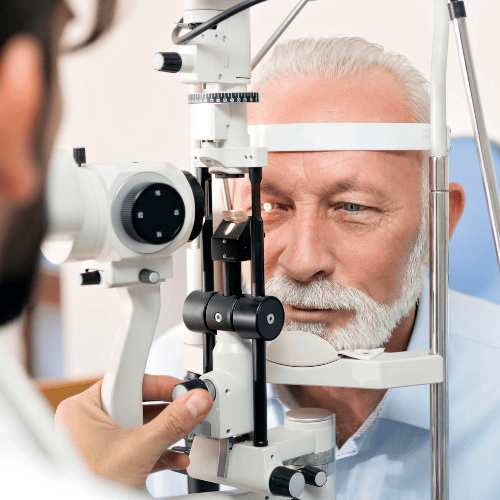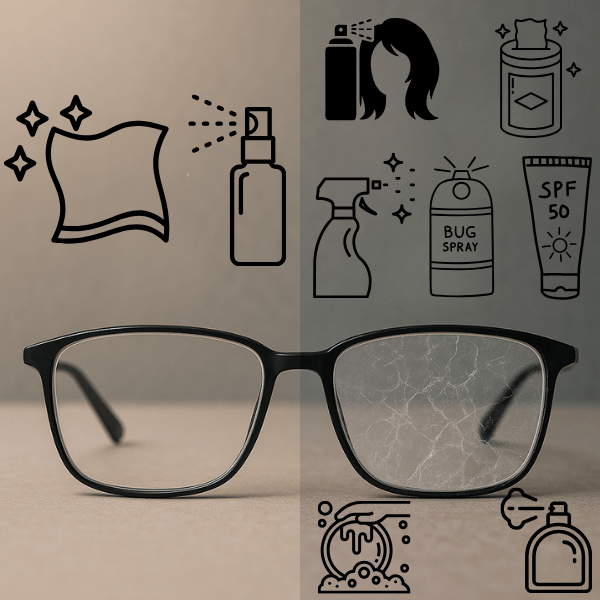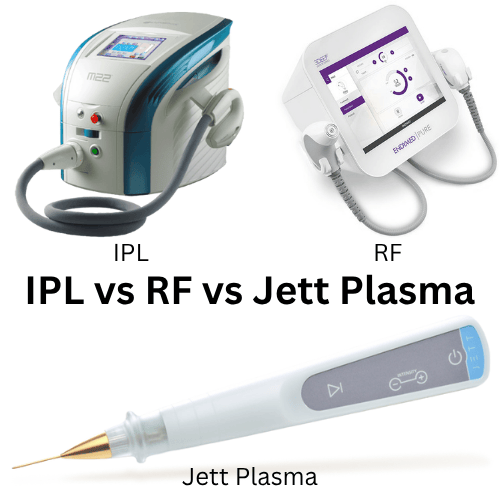Are Vitamin Supplements Completely Safe for Everyone? Nutraceuticals and Eye Health
Nutritional supplements (“nutraceuticals”) are being discussed more and more in health care. If you’ve been in for an eye exam at MVO recently you will likely have received some advice in this area from one of our doctors. But how safe are vitamins? Should everyone take them, regardless of their health status, current medications or other risks?
Many dietary supplements have a similar effect as certain types of prescription drugs. For example, ginger can reduce inflammation like Ibuprofen, fish oil has a blood thinning effect similar to Coumadin, garlic can provide an effect similar to aspirin, used in certain types of heart disease. So before making recommendations for dietary supplements, a responsible health care practitioner needs to consider the whole picture for each patient.
In general, nutraceuticals are safer than over the counter medications. But precautions need to taken with high doses of Vitamin A (to be avoided in women who are pregnant or may become pregnant, also those who have liver disease or drink heavily). Our doctors typically recommend Vitamin A in the form of beta-carotene, which prevents too high of a Vitamin A dosage. But beta-carotene must be avoided in smokers, due to a study linking this supplement with higher risks for lung cancer in smokers. Omega 3 supplements are being discussed daily with most of our patients due to their beneficial effects against eye disease and dry eye. However, those who are taking blood thinners (Coumadin, aspirin, high dose Vitamin E) need to exercise caution before taking an omega 3 supplement. Gingko biloba and ginseng also have blood thinning effects and should not be randomly used by those on blood thinners.
Our doctors at Mountain View are also aware that vitamin deficiencies can be caused by the use of certain medications, which can increase the risk of eye disease.
For example,
- Long term use of drugs that treat gastro-esophageal reflux disease (GERD) can cause Vitamin B12 deficiency. This can have effects on the optic nerve of the eye
- Chronic use of Tylenol can cause a glutathione deficiency, which has a number of consequences for the eyes including cataract formation
- Overuse of steroids can cause a lack of vitamin C, D, folic acid, zinc, potassium, Magnesium and Selenium. This can lead to an increased risk for diseases such as macular degeneration and cataracts
As valuable as dietary supplements are to your overall health and well being, there may be risks associated with using them. Make sure your health professional is aware of them. Rest assured that our doctors will carefully consider these risks before recommending that you add any type of nutraceutical to your diet.
At your next visit your optometrist may make specific recommendations to your vitamin intake if symptoms or conditions are discovered that may put you at risk for an eye problem or disease. Please contact our office for further information or request an appointment online.
Mountain View Optometry Cochrane and NW Calgary (Crowfoot), AB
Source: Review of Optometry March 15, 2008 article by Dr. Stuart Richer “Do You Know the Red Flags for Nutritional Supplements?” part of Bausch and Lomb’s sponsored series on Ocular Nutrition A to Z











